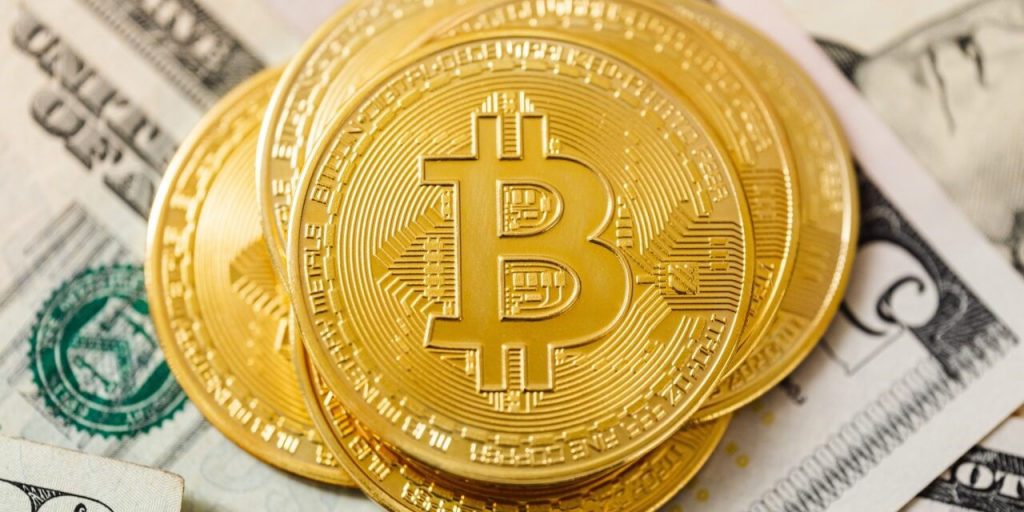Founded in January 2009, Bitcoin is a cryptocurrency. A whitepaper written by Satoshi Nakamoto, a mysterious and pseudonymous figure, lays forth the principles. 1 We still don’t know who invented the technology.
Cryptocurrencies include Bitcoin. Anybody can access only balances on a public ledger. As a result of its popularity, Bitcoin has sparked hundreds of additional cryptocurrencies, collectively known as altcoins. To shorten bitcoins, “BTC” is often used.
How to Understand Bitcoins
There is no way to tamper with this system because all blockchain computers have the same list of transactions and blocks and can observe these new blocks. To achieve an evil deed, a bad actor would have to run 51 percent of bitcoin’s computer power.
But if an assault were to occur, Bitcoin miners—the ones who participate in the Bitcoin network with their computers—would probably buckle in a new blockchain and make the best efforts to achieve a waste attack. The balances of bitcoin tokens are maintaining via public and private “keys” that are lengthy numbers and letters connected via the mathematical encryption method used to produce them.
The word wallet is a bit deceptive because the decentralized character of Bitcoin means it never gets held in a wallet but on a blockchain decentrally.
Peer Technology
The independent persons and corporations that own the computer power and are involved in the Bitcoin network—Bitcoin miners—are responsible for processing blockchain transactions and are driven by rewards and transaction fees paid in Bitcoin.
These miners may be the decentralized authority that ensures the legitimacy of the Bitcoin network. New bitcoin is distributed at a fixed yet regularly falling pace to the miners. As of June 2021, over 18 million bitcoins were available and produced fewer than 3 million.
It is how bitcoin and other cryptocurrencies work differently than fiat currencies; the money is issuing in central banking systems at a pace matching the increase of products, which aims to preserve price stability. A decentralized system, like Bitcoin, specifies a release rate for an algorithm in advance.

Bitcoin Mining
Bitcoin mining adds and validates network-wide transaction data. Miners are paying with some bitcoin; every 210,000 blocks, the payout is half. The final half occurred on 11 May 2020, reducing the payout for each block detection to 6.25 Bitcoins.
We may utilize mine bitcoin with a variety of devices. Some, though, are more rewarding than others. More outstanding sophisticated processing units such as Graphical Processing Units (GPUs) can obtain more rewards via computer chips, known as Application-Specific Integrated Circuits (ASIC). These advanced mining manufacturers are known as mining plants.
Eight decimal places are dividing into one Bitcoin (100 millionths of a Bitcoin), and the lowest unit is called a Satoshi.
Special Recitals
- Bitcoin as A Payment Form
We can accept Bitcoin as payment for items supplied or services given. Brick-and-mortar businesses can display signs with the word “Bitcoin accepted here,” and transactions are using QR codes and touch panel applications with the necessary hardware terminal or wallet addresses.
- Opportunities for Bitcoin employment
Those who work for themselves get money for a job in association with Bitcoin. There are various methods to do this, for example, to create an online service and add your bitcoin address as a payment form to the site. There are also numerous websites and boards for digital currencies:
- Through its website, Cryptogrind brings together job seekers and potential employers.
- Coinality provides freelance, part-time and full-time jobs that offer bitcoin remuneration and other cryptocurrencies such as Dogecoin and Litecoin.
- Jobs4Bitcoins belongs to reddit.com.
- BitGigs
- Bitwage gives the possibility to pick a proportion of your work check to be converted to Bitcoin and forwarded to your bitcoin address.
- Bitcoin Investment
Many proponents of Bitcoin think the future is a digital currency. Many people who support Bitcoin feel it makes the payment system for transactions worldwide much quicker and less expensive. Although not supported by any government or central bank, it may trade Bitcoin for traditional currencies; in fact, its dollar conversion rate draws potential investors and traders interested in playing the currency. Indeed, a leading cause for digital currency growth such as bitcoin may serve as an alternative to domestic fiat money and conventional commodities such as gold.
